Seagate to launch affordable 8TB Archive consumer Hard Drive
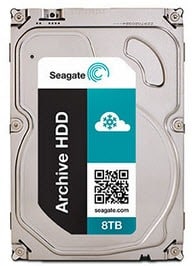
Seagate's new 8 Terabyte Archive HDD hard drive will launch in January 2015.
Storage is one of the few things where regular platter-based drives beat Solid State Drives in. Not only do these hard drives offer storage capacities at the higher end that SSDs don't offer yet, they are also much cheaper when you compare the price per Gigabyte or price per Terabyte.
There are only a couple of hard drive makers left, most notable Seagate and Western Digital (which owns HGST as well) that produce platter-based drives and it comes down to selecting a drive or drives from one of the two companies.
If you purchase a hard drive right now, storage options go up to 6 Terabyte both internally and externally. The Western Digital Red 6 TB NAS drive ships with a capacity of 6 Terabyte for example and so does the Seagate's Desktop HDD 6TB.
If you require more storage than that, you still have options. Depending on your requirements, you can set up a RAID environment for example, install multiple hard drives individually, or use network-attached storage.
Both companies announced new drives with improved storage recently. Western Digital unveiled the world's first 10TB Helium-filled hard drive for example (which is not available yet). Seagate on the other hand announced a consumer drive with a maximum capacity of 8 Terabyte.
Seagate's new 8TB ARchive drive, which the company plans to make available in January 2015 to the general public, is more affordable as several sites have reported that it will be available for $260 when it launches.This is less than Seagate is currently asking for its 6TB Archive HDD drive and would put the drive at about 3 cent per Gigabyte.
The linked Amazon store page for the drive lists a pack of 20 Seagate 8TB drives for the price of $5336 which comes down to a unit price of $266.8 per drive.
The device has been designed for reliability and not performance according to Seagate which the average data rate of 150 MB/s confirms. This is a side-effect of Shingled Magnetic Recording, a new technology that sacrifices performance for areal density.
Storage requirements differ from user to user obviously. While some are perfectly fine with a 64 Gigabyte or 128 Gigabyte Solid State Drive and nothing else, others put their whole movie collection, regular backups or other large files on drives and require lots of storage because of this.
The low price of Seagate's new 8 Terabyte hard drive will appeal to computer users. I'd wait until first tests arrive before I'd pick one up though, but that is just me.
Now You: How much storage do you have?


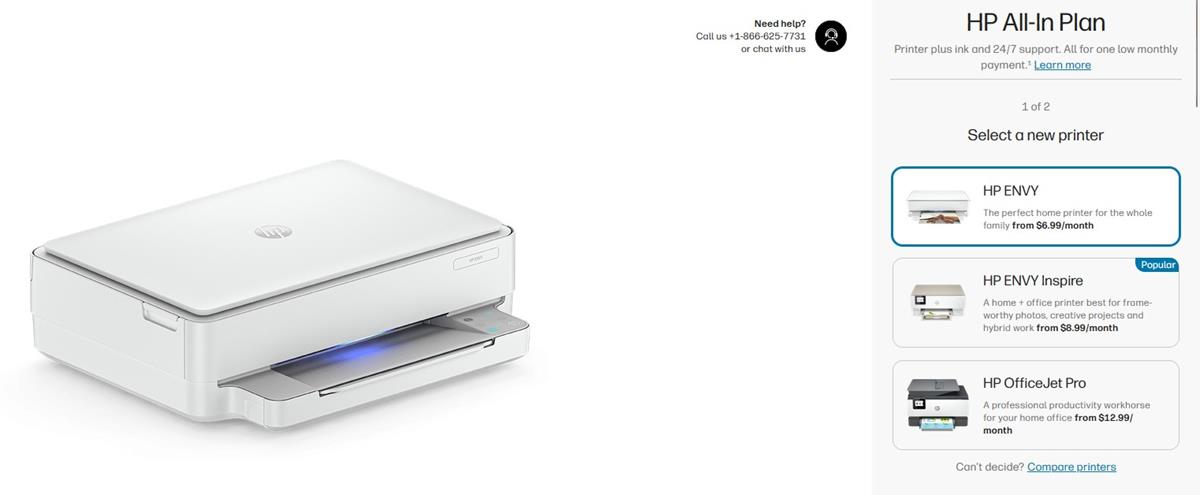
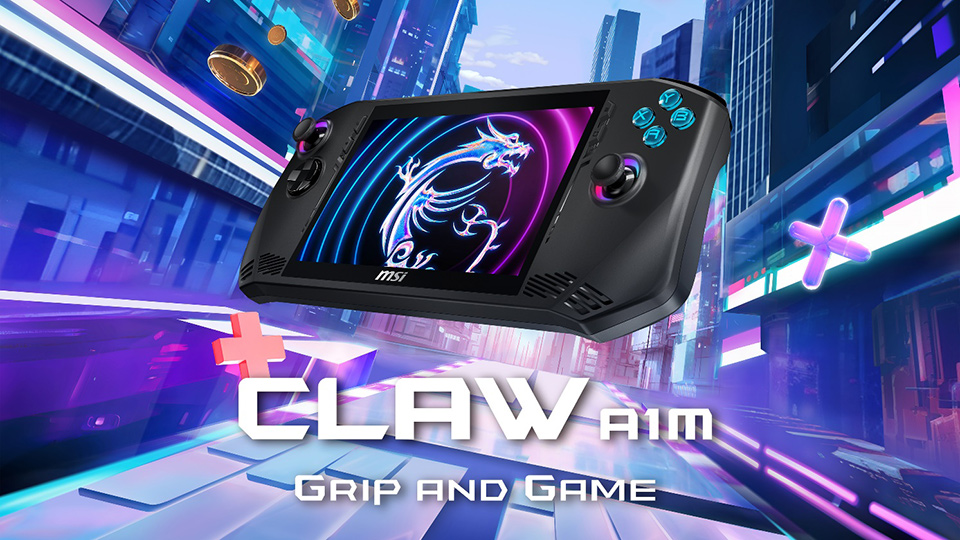

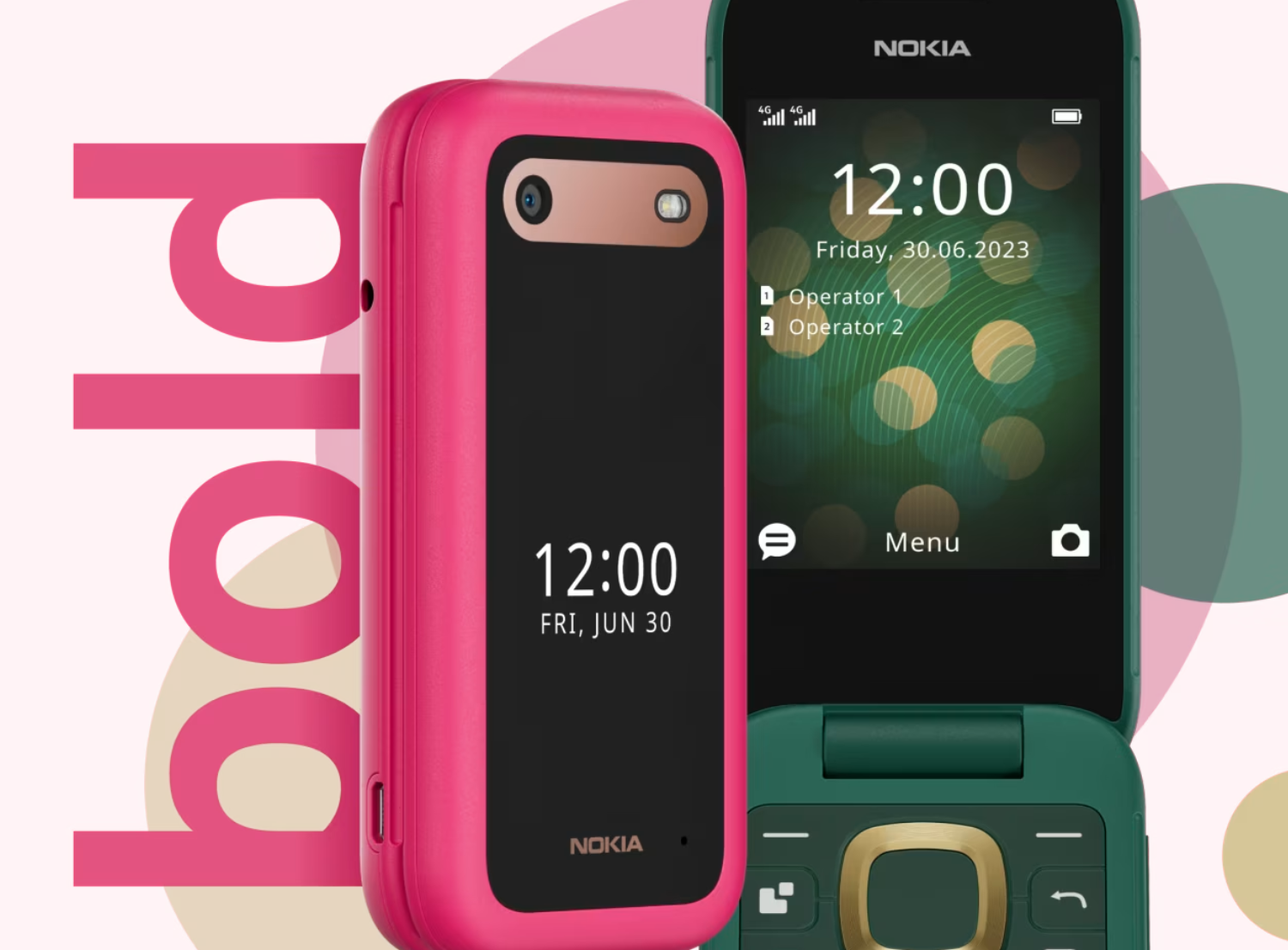
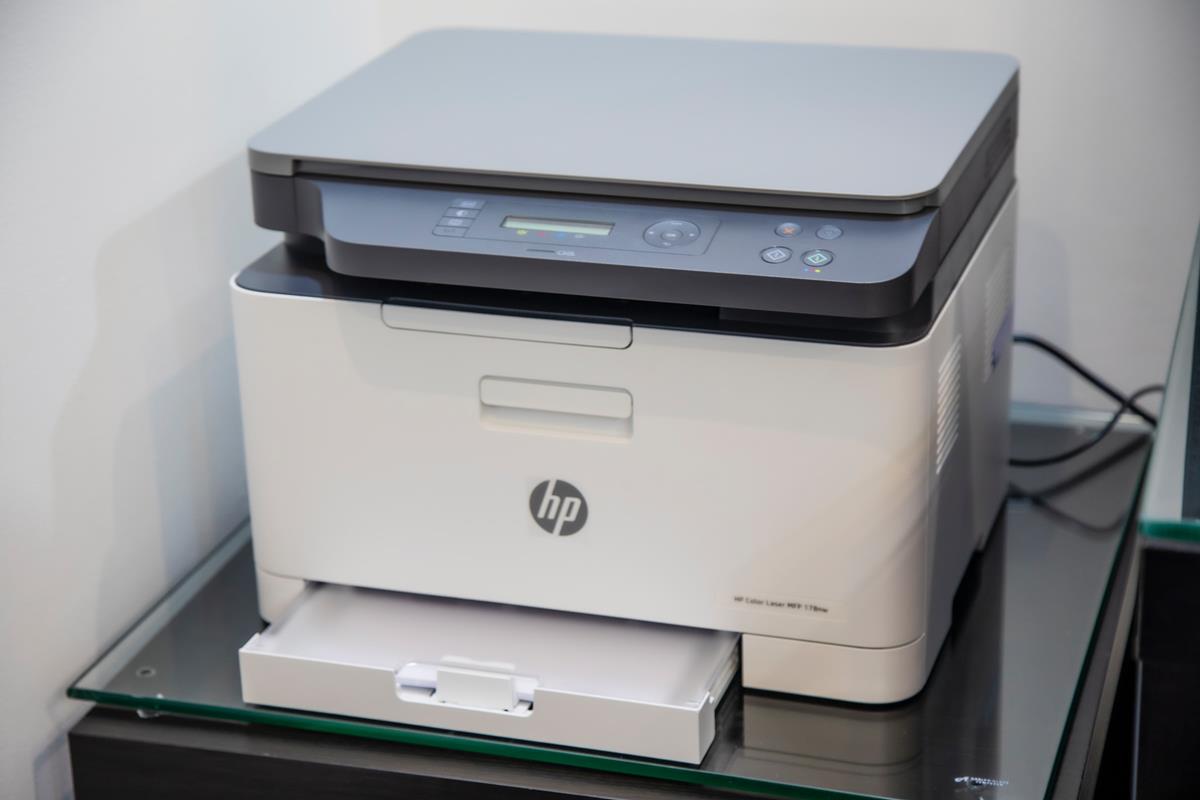
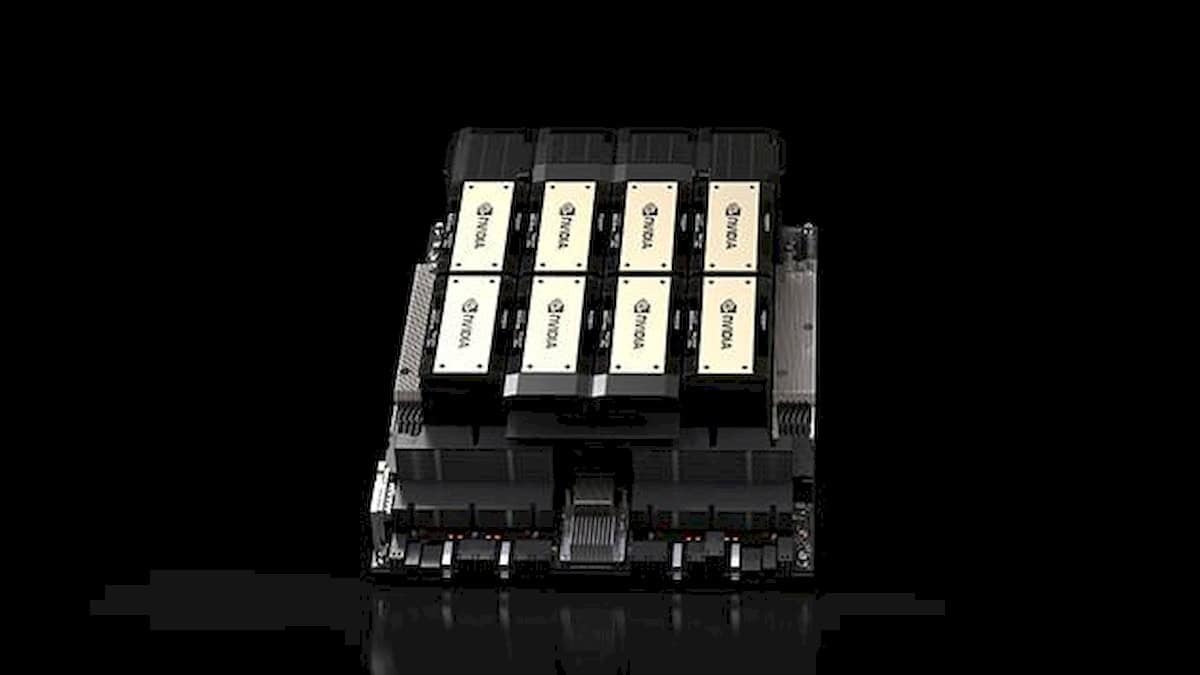
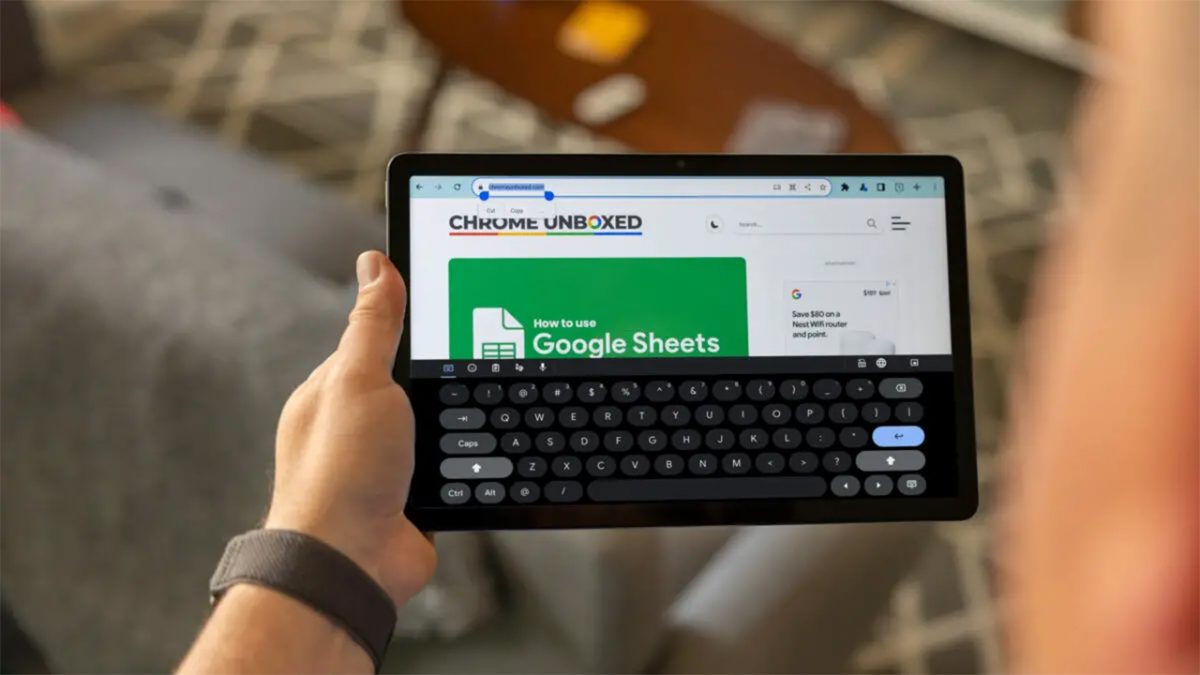
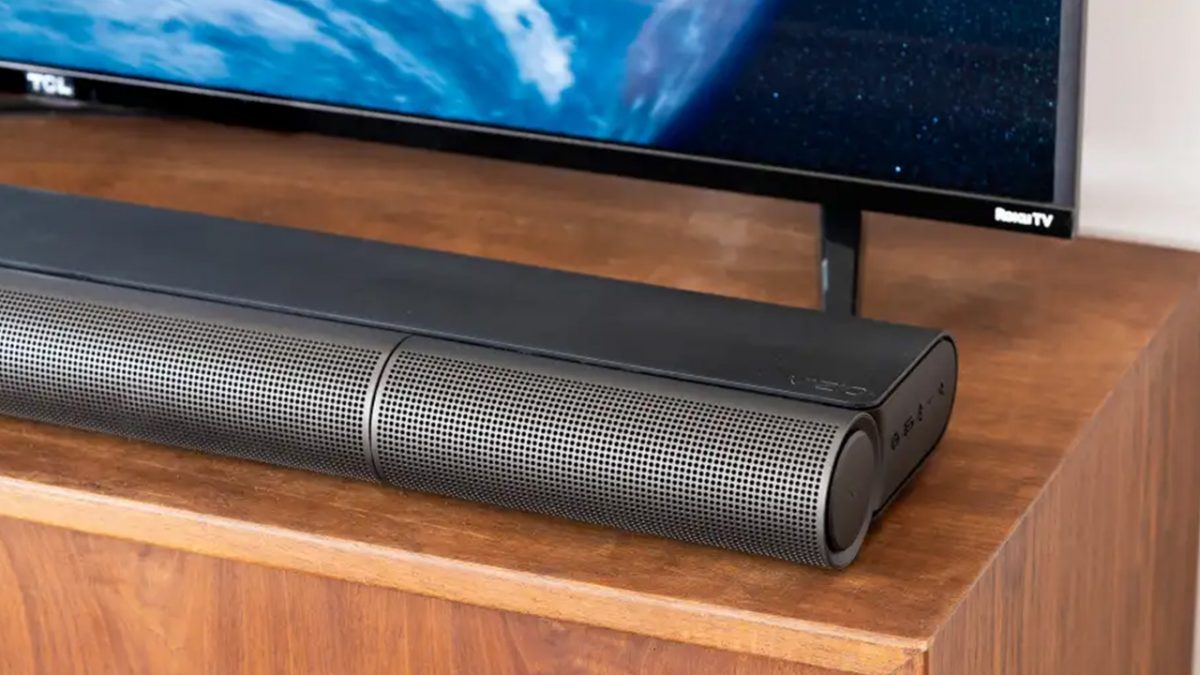
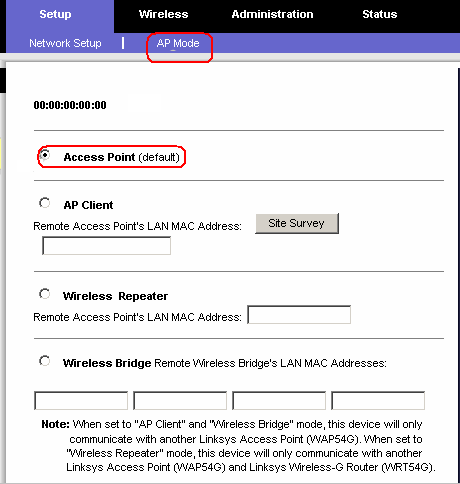
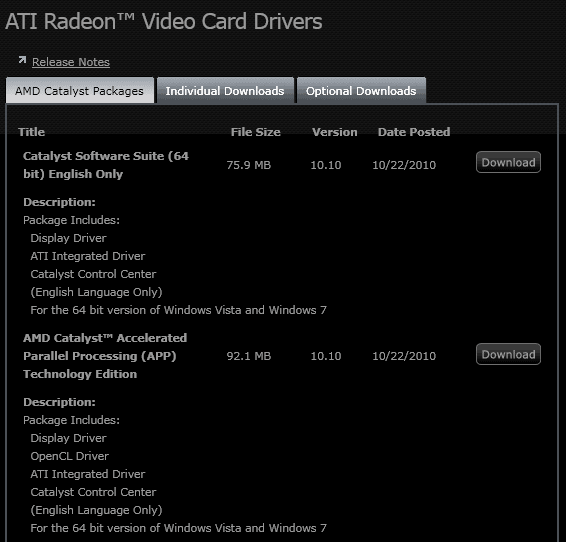










I do a lot of large-scale data crunching so I look at this regularly when I replace disks. But every time I’ve looked anew at who to buy from, I keep ending up with Seagate yet again, with HGST in 2nd place and then WD.
Like others, I have had more than expected disk fails the last 3 – 4 years but I don’t think it’s “because Seagate”.
In the past, I used to buy disks with long warranties – 5 years was almost standard. Around the time 2TB drives came out, and then the Thailand floods, disk prices rocketed and warranty times were slashed to 1 – 2 years for all but enterprise disks (This was 2009-2011 ish). Also around then and probably in response, Seagate came out with disks that were massively cheaper than the usual expected prices – like 30% or 50% less – with short warranty periods. So I bought the cheap disks on the basis they wouldn’t last as long but economically it was better – and sure enough they died sooner.
But crucially *** I was always going to RAID-1 (mirror) whatever size disks I got *** because any disk can die, and large disks take more with them. Most modern boards can do soft raid which isn’t a replacement for backup but is plenty to insure against data loss from drive build quality, overheat, head crashes, etc. (I mirrored even my old enterprise drives back in 2005).
So the way I see it is two conflated issues: –
** New sector/economic choice ** (cheaper drives which will probably fail sooner or costly drives that probably won’t), and
** Drive price anomalies for good drives (eg 2010-2011 floods) **.
Both driving the emergence of budget as well as “good quality” large disks (from 2009 ish).
People buy the cheapest….. only since about 2009/2010 the cheapest isn’t as good quality, not because “all” quality has slipped but because an additional “large size/budget quality” sector has opened in response to market conditions. Also because the pricing for good drives rose and there was more incentive to get the new budget “trash quality” types; the two went hand in hand.
This time round I looked at the economics, and bought enterprise again, for the first time since 2007. But 2 of them, as always… because any drive can fail.
I’ve been running two cheapy off-brand hard drives for 10 years. TEN YEARS. I have two small Toshiba external drives that I use to backup to daily. They’ve been running 7 years. None of them SSDs. Once upon a time, I used a Western Digital drive. That died after 2 years.I won’t buy another one, and I will never buy a Seagate. Seagate drives used to be made in the U.S. Not any more – correct me if I am wrong (haha, I’m sure you will).
Anyway, all I’m saying is that best-known does not always equal best quality. I am looking for another drive now. I do not want SSD, and I do not need huge.
I am very interested in the possible correlation between size, lifespan, and reliability. Keep these article coming.
@Lumpy Gravy
Lost 3 paragraphs of text once, installed Lazarus extension after that.
Check it out, very handy.
Sorry for the double posting. I first edited and posted my comment with the cookies and scripts disabled and as nothing happened I did it again, this time with cookies and scripts enabled. Tja (… as they say in Germany). What amazes me is that I have managed to type almost the same text twice. I must have a good memory :-)
… interesting comments, thanks. Computer trouble is always annoying and often costly. But what is a blown PSU, motherboard, CPU, DIMM etc. compared to the loss of a huge and irreplaceable data collection? Therefore, when it comes to harddrives and SSDs, reliability and longevity should be one’s top priorities above anything else.
But which are the most reliable HDDs? Is there a correlation between capacity and reliability, that is, are 6, 8 or 10 TB drives less reliable than 1 or 2 TB drives? And what about 2.5″ HDDs? Aren’t they generally more robust and reliable because they’ve been designed for the rougher conditions in mobile devices and because they draw a lot less current (less heat, slower aging)? Questions, questions …
… interesting comments, thanks. Computer trouble is always annoying and often costly. But what is a blown PSU, motherboard, CPU, DIMM etc. compared to the loss of a huge and irreplaceable data collection? Therefore, when it comes to hard drives and SSDs, reliability and longevity should be one’s top priorities above anything else.
But which are the most reliable HDDs? Is there a correlation between capacity and reliability, that is, are 6, 8 or 10 TB drives less reliable than 1 or 2 TB drives? Aren’t 2.5″ drives generally more reliable because they’ve been designed for the rougher conditions in mobile devices and because they draw a lot less current (less heat, slower aging)? Questions, questions …
Oddly enough I purchased a new drive this week. I had a choice… spend $60CA for a Seagate 2TB drive, or $140CA for a Western Digital Black 2TB Drive. In my lifetime I’ve purchased or used more than a few dozen Seagate drives (I actually purchased six), and each one has failed. When they fail, everything is lost. Nothing can be recovered even in a RAID format.
Spend the extra cash and go with Western Digital … even their cheapest line (Blue = lowest, Green, Black and Red = highest), has a two year warranty and of the tonnes of them I’ve owned only 2 has ever failed (one was my fault – lightning tripped breakers, and a Green drive from NewEgg failed out of the box, but it was remedied in less than a week via UPS).
So 8TB drive… from Seagate… that’s asking for trouble…
Thank for the link Oxa.
I’ve had this Seagate Barracuda 7200 for over 4 years doing at at least 12 hours a day.
(ST31500341AS) 1.5TB
3.8 (Failure rate average per year) 25.4% (Annual failure rate) Those figures are shameful!
If I had known then, then no-no I wouldn’t have bought it. (Dell Inspiron at Best Buy. *Yes, I’m also rolling my eyes.)
Obviously living on borrowed time but… it and the system haven’t given me a hard time. In the past it’s been power supplies that I’ve had to replace.
I backup my stuff weekly to usb, once a month to dvd and tranfer all to an old Vista laptop. Still living on borrowed time though.
I have an ancient (c. 2005) Western Digital 80GB external drive that is still going strong. Also a 500GB Buffalo external drive. (There are a couple of other manufacturers besides Seagate and WD.)
i’m still running an old 250gb hdd in my laptop, a fact that haan’t changed since i got my first laptop in 2008. a 500gb ssd would be a good upgrade, but even in a desktop i wouldn’t know what to do with 8tb of storage. i try not keeping too many big files on my hdd, which isn’t too bad when i can download and stream anything i can think of in the matter of minutes/hours.
That depends largely on the Internet connection you have and what is being offered in your country, but I can see that this is an option for some.
Seagate already confirmed that these drives are NOT for NAS use.
Knock on wood but I have used many brands over the years like Seagate but the last six years I am quit happy with Western digital.
In the past 2 years: 3 seagate drives … 3 drive failures, all just outside of a year (so no warranty).
Maybe they should spend their time working on quality rather than on new products!
8T is just a bigger disaster waiting to happen.
seagate only offers one year of warranty nowadays? last time i bought a hdd it was five years…
One year on Expansion external hard drives!. If you happen to live in the EU, they have a minimum requirement of 2 years.
Three years on internals. Some of their backup externals have 2 years.
I think there was a reason they have reduced the warranty period!
I use multiple external WD drives. I copy each drive so have 2 versions of same data. I use a “1TB external drive” plugged in for most daily work, and then backup from that to main external store drives. I don’t have any external drives more than 2TB. Bigger drives would make things easier but increase risk of more data loss too, will stay with small options for time being. that said, I might be tempted if they were offering buy one get one free
Didn’t Western Digital buy Hitachi?
…So are Hitachi still made to the same quality?
…did the Western Digital quality improve?
Hitachi drives are generally recognized as drives that offer the best quality, and yes, WD acquired Hitachi Global Storage Technologies.
I had problems with Seagate before and I may be the cat who got wet but I am not going back soon to them . The 6TB drive proposal is quite compelling though. I have been using Western Digital for years now and they have been giving me consistency and performance. So I will see how the competition shapes up with the Seagate drive coming in the market next year.
About a year ago I read Seagate had the highest failure rates. Western Digital is supposedly a little better and Hitachi has the lowest failure rate.
My desktop and laptop both have 1 TB drives. I could easily get by with 150 GB drives. I don’t use more than 15 GB for personal files to keep it running fast.
Is this what you saw?
http://www.extremetech.com/extreme/175089-who-makes-the-most-reliable-hard-drives
then you wouldn’t even need hdds at all, 256gb ssds are quite affordable nowadays.
The effect of SMR is at play here, you also sacrifice reliability when you overwrite data every time more data is written nearby.
Basically you want to pray that while writing no power outages or OS crashes or anything bad happens, or you can kiss your data goodbye, especially when the MFT is being rewritten in the process.
I’d stay away from such drives, the SMR tech will be superseded in a few years, no need to pay for faulty tech by design.
It were different if just performance was sacrificed for storagespace, but reliability is sacrificed the most.
The quality of Seagate drives have deteriorated significantly. Look at their 5TB drive on NewEgg or Amazon. Sooo many failtures. Its hard to ignore those while putting money in even larger drive.
I couldn’t agree more. I have two 3TB Seagate drives and both have gone down when loaded with tons of material. Although Seagate was most happy to replace them (they were still under warranty), all my data was lost forever.
You need a backup strategy. I’ve owned many drives from many vendors (including Maxtor) and I can say, luck plays a bigger role than vendor. Platter hard drives have been around since the 1950’s. There’s no secret to making a good drive. Every vendor cuts corners where they can and sometimes you get a bad batch. That’s how it goes. Just buy the cheapest drive available and make sure it’s backed up. SMART data is nearly useless. Assume a drive is going to fail at any time and act accordingly.
I currently own a 2TB Seagate with bad reviews according to Newegg. The drive has been in heavy use for nearly 3 years. Either I got a good batch or those reviewers didn’t update the firmware. This is why I concern myself more with warranty and return policy rather than user reviews.
yes Noel, i agree. i would never again waste my time, money and data on seagate. i know each has his own experience but mine was terrible with seagate drives. nuf said
Hi Martin,
$1000 for 8 Gigabyte drive ?
Terabyte of course, corrected :)